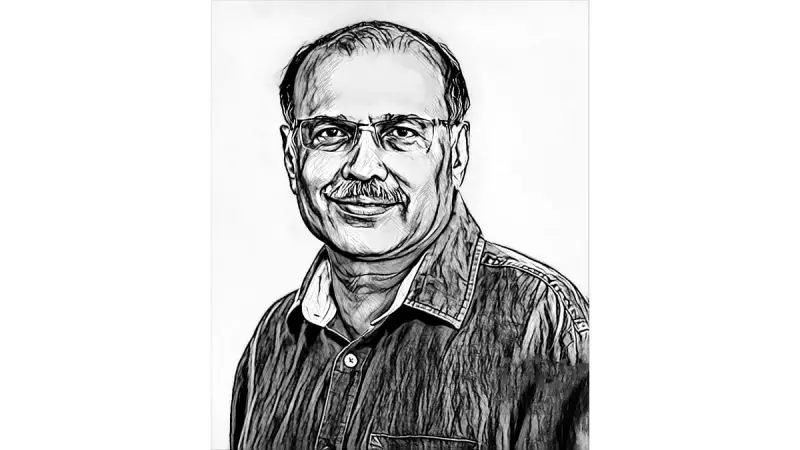
In a significant political shift that has captured national attention, Mamdani has secured a decisive electoral victory that analysts are calling a mandate for hope. The win comes as a direct response to voter fatigue with established political figures who had fostered a sense of inevitability within the system.
The Rejection of Political Fatalism
According to analysis by Capt G R Gopinath (retd), published on 15 November 2025, Mamdani's success stems from widespread public dissatisfaction with ageing political leadership. These established politicians had created what Gopinath describes as a culture of fatalism within Indian democracy, where citizens felt their votes couldn't effect real change.
The erosion of faith in democratic institutions had reached a tipping point, with voters increasingly feeling that the political system served entrenched interests rather than public will. Mamdani's campaign successfully tapped into this discontent, offering an alternative vision that resonated with citizens seeking genuine political renewal.
A New Democratic Awakening
Gopinath's analysis suggests that Mamdani's victory represents more than just a change in leadership—it signals a fundamental shift in voter psychology. After years of political stagnation, Indian voters have demonstrated their willingness to embrace new leadership that challenges the status quo.
The election results show that democratic faith can be restored when candidates effectively channel public desire for meaningful change. Rather than accepting the political fatalism that had become prevalent, voters actively chose a different path forward.
Implications for Indian Politics
This electoral outcome sends a clear message to political establishments across the country: citizens will no longer passively accept leadership that fails to inspire confidence in democratic processes. The victory establishes an important precedent for future elections and political movements.
As Gopinath notes, the timing of this political shift—coming after extended periods of voter apathy—suggests that Indian democracy retains significant resilience. When presented with credible alternatives to established political figures, voters will enthusiastically support change.
The mandate for hope that Mamdani has received could potentially reshape political discourse in India for years to come, encouraging newer candidates to enter politics and existing leaders to reconnect with voter aspirations rather than relying on political inevitability.





